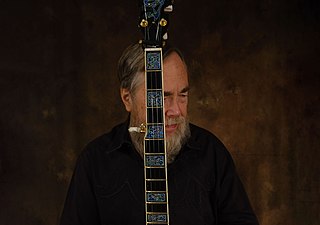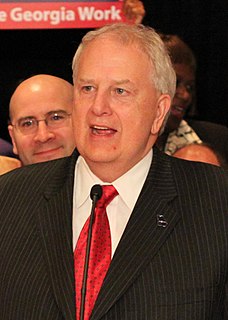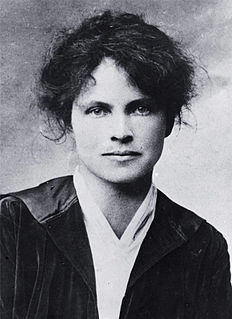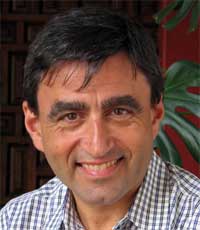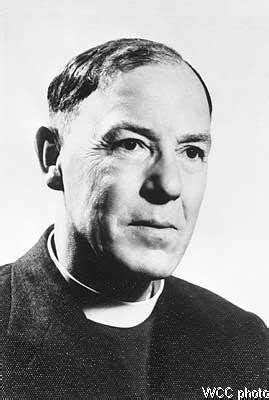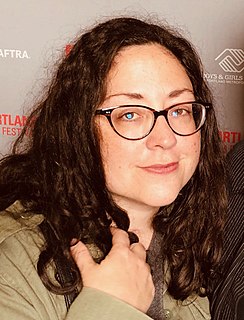A Quote by Noam Chomsky
As any good teacher knows, the methods of instruction and the range of material covered are matters of small importance as compared with the success in arousing the natural curiosity of the students and stimulating their interest in exploring on their own.
Related Quotes
Differentiated Instruction is a teaching philosophy based on the premise that teachers should adapt instruction to student differences. Rather than marching students through the curriculum lockstep, teachers should modify their instruction to meet students' varying readiness levels, learning preferences, and interests. Therefore, the teacher proactively plans a variety of ways to 'get it' and express learning.
As a teacher with over thirty years of experience, I've found that students are hungry for material that goes beyond simply learning tune after tune. In fact, my students suggested a good portion of the material presented here. This lesson should be an indispensable aid to the aspiring bluegrass banjoist.
Pedagogy of the Oppressed resonated with progressive educators, already committed to a 'child-centered' rather than a 'teacher-directed' approach to classroom instruction. Freire's rejection of teaching content knowledge seemed to buttress what was already the ed schools' most popular theory of learning, which argued that students should work collaboratively in constructing their own knowledge and that the teacher should be a 'guide on the side,' not a 'sage on the stage.'
The teachers of small children are paid more than they were, but still far less than the importance of their work deserves, and they are still regarded by the unenlightened majority as insignificant compared to those who impart information to older children and adolescents, a class of pupils which, in the nature of things, is vastly more able to protect its own individuality from the character of the teacher.
I was born 50 years after slavery, in 1913. I was allowed to read. My mother, who was a teacher, taught me when I was a very young child. The first school I attended was a small building that went from first to sixth grade. There was one teacher for all of the students. There could be anywhere from 50 to 60 students of all different ages.
When I was 12 I worked with someone - it was actually an English teacher at my school, John Woodward. He was the only teacher in the school to have a top-of-the-range Porsche and all the trappings of success, so it was very interesting for me to find out how he did it. He was probably the wealthiest English teacher in the community.



